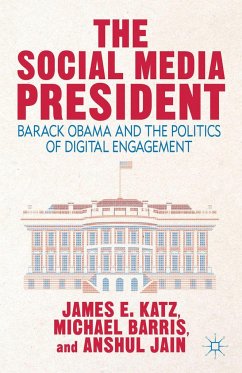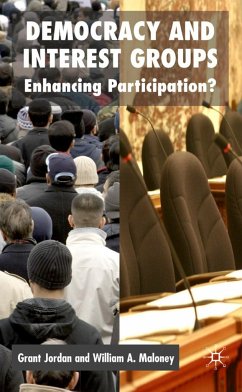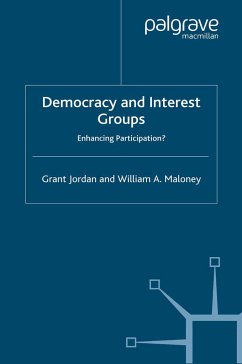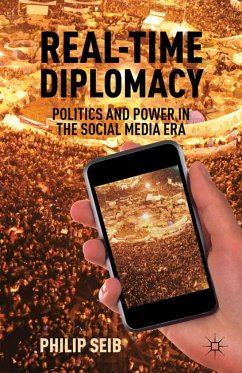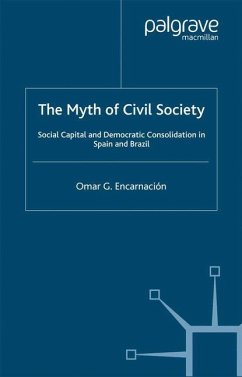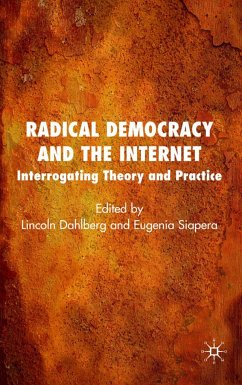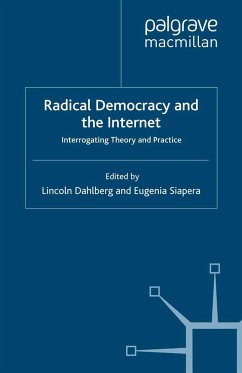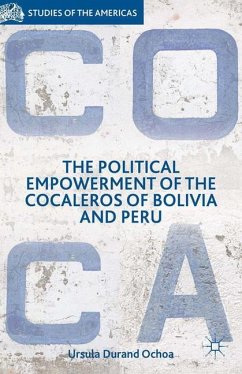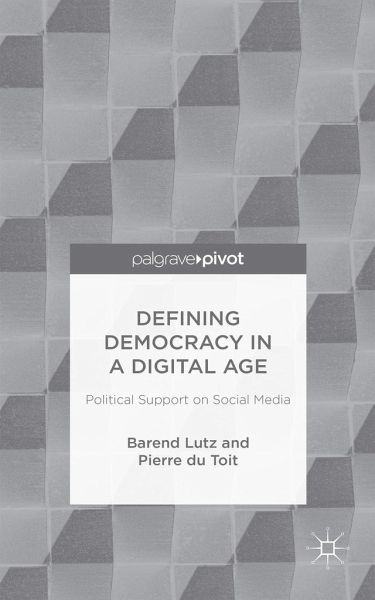
Defining Democracy in a Digital Age
Political Support on Social Media

PAYBACK Punkte
19 °P sammeln!
The internet has created a new social base where governments are ever more critically examined and measuring public sentiment expressed on social media is crucial to gauging ongoing support for democracy. This book illustrates a methodology for doing so, and considers the impact of this new public sphere on the future of democracy.





